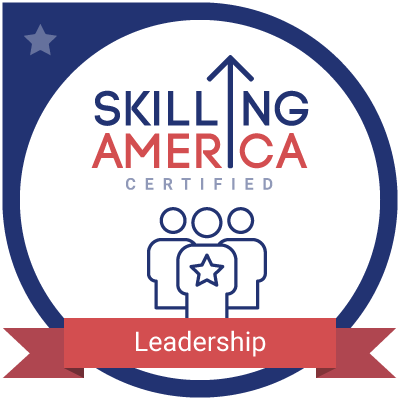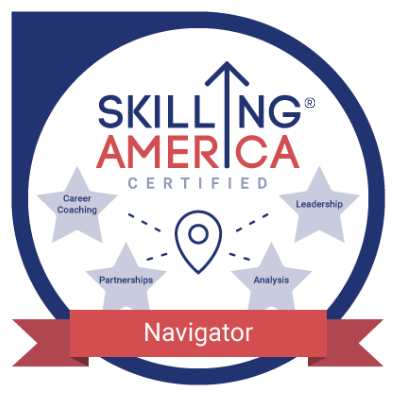In my experience, supporting the development of career pathway systems has been both challenging and rewarding. Some challenges include student drop-off, or changed of career tracks that they are interested in. The rewards are being able to offer trainings, job placements, career coaching and on-going supports to individuals that are committed to creating and following a career pathway to sustainability and self-sufficiency.
I was recently faced with a communication challenge when a co-worker tried to ask me to enter my notes earlier. Being that my work does not directly impact his role, I let him know that my notes were in. He went further to say his reasoning is because a partner called to get interview feedback from a referral. I like to deal with facts, so I asked my co-worker what was the name of the referral and also the referral partner. He never produced the names because he was not telling the truth in the first place and was on a ruffling feathers spree. I even followed back up with him that I needed the names so that I could follow up. I think that I handled it pretty well by sticking to the information and facts and not the communication itself. I would always advise a peer to always effectively communicate with others by dealing with data and facts as opposed to feelings and emotions, even when you know the other person's ill intent. I ended up becoming this coworker's supervisor and coached him on workplace best practices, accountability, and focusing on his job roles and responsibilities so as not to interfere with the productivity of other's.
I recently had to utilize critical thinking in a situation where an employee needed corrective action. I used the elements of gathering information before making a final decision. Staying focused on critical thinking, I could have withheld the assumption that the employee at hand was well aware that his workplace infractions would land him an untimely departure with the organization. He was in totally awe when he was terminated and thought he had been doing a good job. Unfortunately, my on going coaching did not help his workplace behaviors.
My current boss is a leader I know who was able to inspire and motivate key stakeholders. Letting the stakeholders know about a training initiative that we were proposing was the situation at hand and he was able to give stakeholders data ad outcomes connected to previous trainings that we ran, he projected future employment outcomes as a result of a training completion, and he asked for feedback and support from the stakeholders.
Developing your capacity as a leader as well as your domain knowledge in your role takes time and focus. Analyzing, evaluating and assessing situations and continuous personal and professional development are ways in which I can develop my capacity as a leader.






